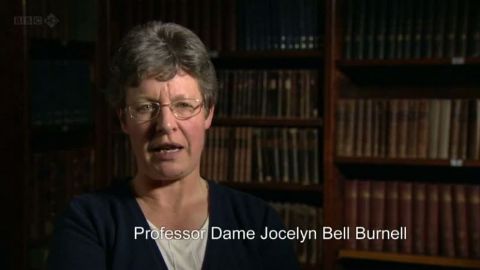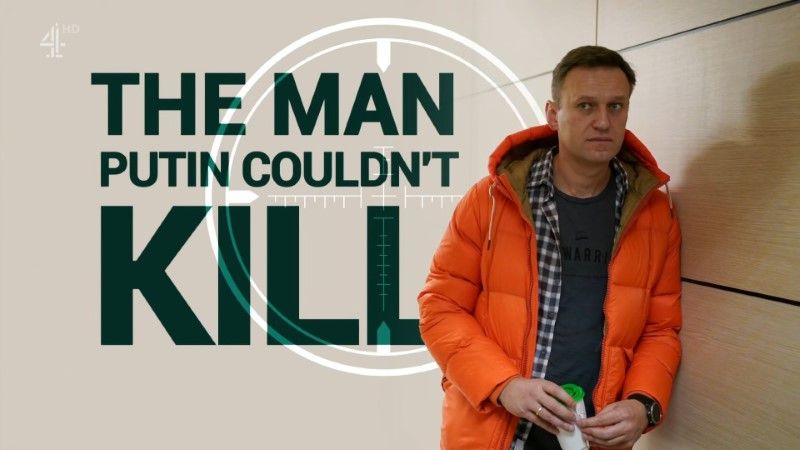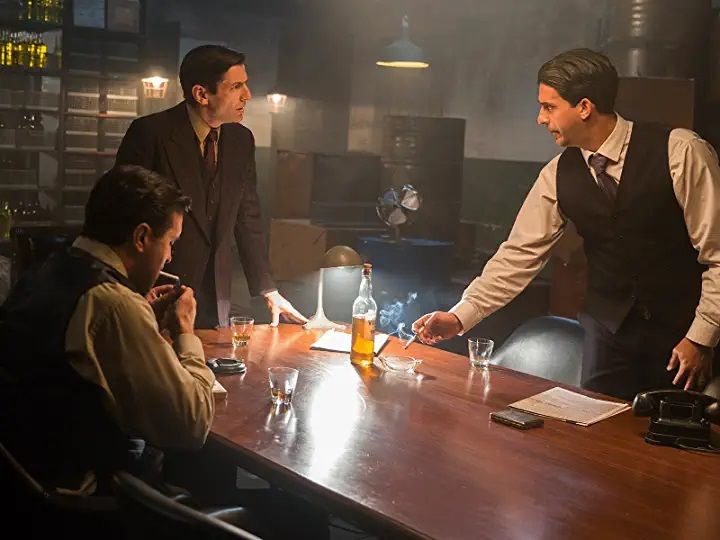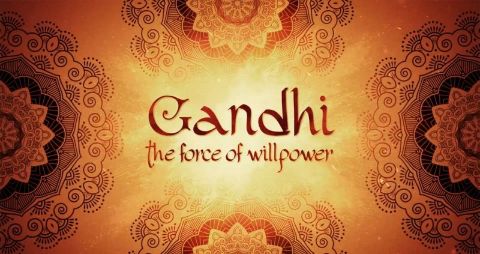Tim Hunt • 2010 • episode "S1E3" • Beautiful Minds
Sir Tim Hunt, awarded the Nobel Prize for his discovery of the mechanism of how cells divide, recalls moments in his life that provided inspiration for his career as a scientist, from his father's intent scholarship which shaped his early methods to his mother's battle with cancer and the influence of this on his position at Cancer Research UK. Hunt recounts the events that informed his discovery and reveals his own opinions on the thought processes, both logical and emotional, that led to it.
Make a donation
Buy a brother a hot coffee? Or a cold beer?
Hope you're finding these documentaries fascinating and eye-opening. It's just me, working hard behind the scenes to bring you this enriching content.
Running and maintaining a website like this takes time and resources. That's why I'm reaching out to you. If you appreciate what I do and would like to support my efforts, would you consider "buying me a coffee"?
Donation addresses
BTC: bc1q8ldskxh4x9qnddhcrgcun8rtvddeldm2a07r2v
ETH: 0x5CCAAA1afc5c5D814129d99277dDb5A979672116
With your donation through , you can show your appreciation and help me keep this project going. Every contribution, no matter how small, makes a significant impact. It goes directly towards covering server costs.











